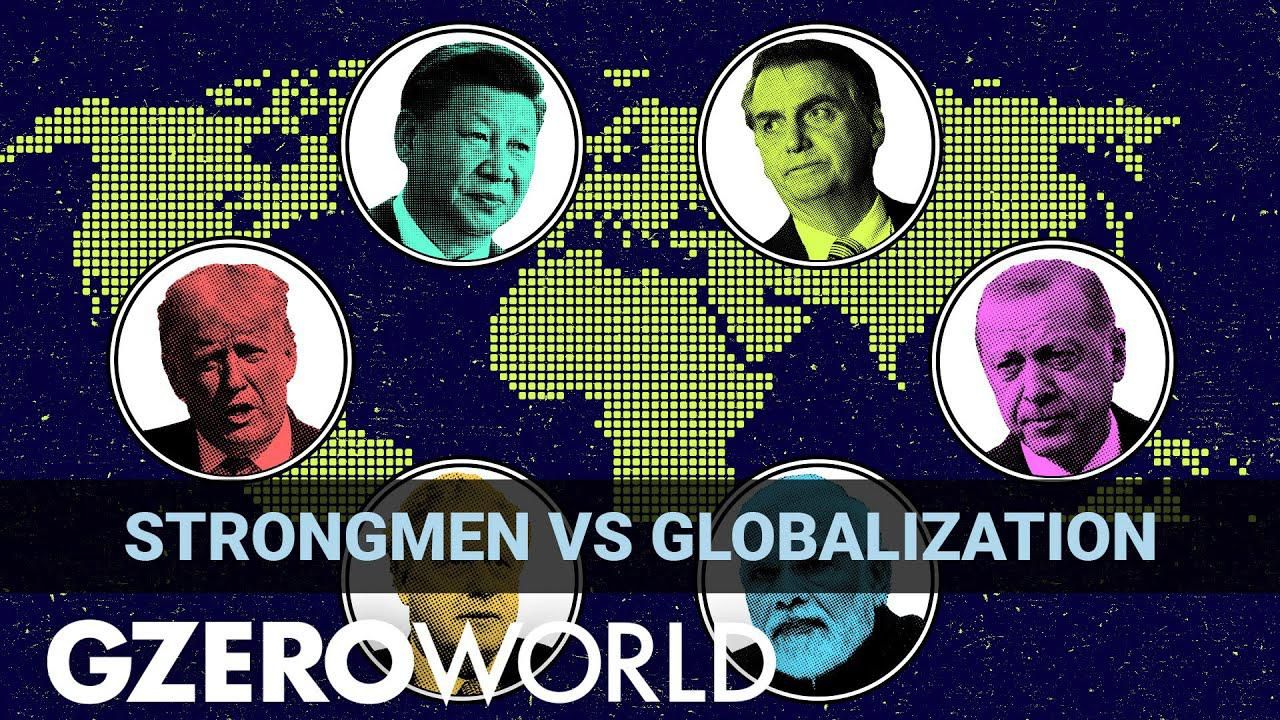GZERO World with Ian Bremmer
The politics of resentment & how authoritarian strongmen gain power

The Politics of Resentment & How Authoritarian Strongmen Gain Power | GZERO World with Ian Bremmer

In recent years, part of the pushback against globalization has been led by autocrats who reject things like free trade and the liberal international order.
For them, globalization means losing control, which they don't like one bit. But the world today remains more interconnected than ever, particularly in cyberspace. So, do they want less globalization, or rather a version that fits their narrative?
On GZERO World, Ian Bremmer speaks to Gideon Rachman, the chief foreign affairs columnist for the Financial Times who knows a thing or two about Vladimir Putin, Xi Jinping, and Donald Trump, and has just written a book about strongmen.
Rachman explains why resentment at minorities motivates both autocrats and their supporters, why strongmen use emotions to justify their nationalism and protectionism, and why Narendra Modi is the least bad of them right now.
Bonus: the global food crisis hits ... fish and chips.
People in support of former South Korean President Yoon Suk Yeol rally near Seoul Central District Court in Seoul on Feb. 19, 2026. The court sentenced him to life imprisonment the same day for leading an insurrection with his short-lived declaration of martial law in December 2024.
65: The age of former South Korean President Yoon Suk Yeol, who was sentenced to life in prison on Thursday after being found guilty of plotting an insurrection when he declared martial law in 2024.
In an era when geopolitics can feel overwhelming and remote, sometimes the best messengers are made of felt and foam.
The Hungarian election is off to the races, and nationalist Prime Minister Viktor Orbán is facing his most serious challenger in 16 years.
Does skepticism rule the day in politics? Public opinion data collected as part of the Munich Security Conference’s annual report found that large shares of respondents in G7 and several BRICS countries believed their governments’ policies would leave future generations worse off.